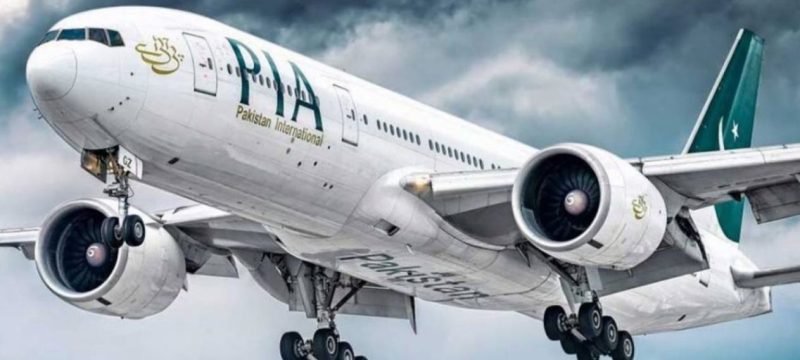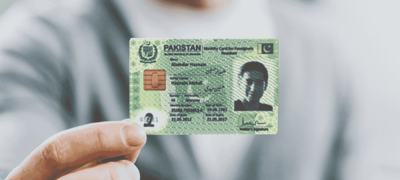The Privatisation Commission board has recommended selling a majority or all shares of Pakistan International Airlines (PIA) in its second attempt to privatise the struggling airline while keeping the option to retain partial government ownership.
Chaired by newly appointed Advisor to the Prime Minister on Privatisation, Muhammad Ali, the board advised the Cabinet Committee on Privatisation (CCOP) to divest between 51% and 100% of PIA’s share capital, along with management control, according to an official statement.
Read more: PIA’s Missing Landing Gear Wheel Found at Karachi Airport
In the previous unsuccessful attempt, most of the six shortlisted investors refused to collaborate with the government due to excessive interference in decision-making.
The decision follows Prime Minister Shehbaz Sharif’s dissatisfaction with delays in downsizing the government. The move also aligns with Pakistan’s commitment to the International Monetary Fund (IMF) to privatise PIA by July this year.
During a recent briefing by the Cabinet Committee on Rightsizing, PM Sharif expressed displeasure over the slow progress and directed authorities to accelerate the process. Muhammad Ali stated that the number of shares to be sold, ranging from 51% to 100%, would be determined after consultations with potential investors.
According to the Privatisation Commission, the final terms for transferring and acquiring equity stakes will be determined during the bidding process and outlined in bid documents for CCOP approval.
The commission informed the IMF that three parties might participate in the bidding. Two of these investors had previously withdrawn after the government declined to waive an 18% sales tax on aircraft leases and refused to remove Rs45 billion in liabilities from PIA’s balance sheet before privatisation.
Sources suggest the third potential bidder, despite lacking experience in the aviation sector, wields considerable influence.
In December, the IMF relaxed key conditions, including tax waivers and liability removals, and the reopening of European routes has further incentivized potential investors for this second privatisation attempt.
In the previous failed attempt, the government had planned to sell at least 60% of PIA’s shares. However, most investors sought 80% to 100% ownership to prevent government interference in airline operations.
The earlier privatisation bid collapsed after a weak screening process resulted in a real estate developer emerging as the sole bidder, offering only Rs10 billion—far below the Rs85 billion minimum asking price.
The government spent Rs1.2 billion in fees to financial advisor Ernst & Young from a total budget of Rs1.9 billion. Former Privatisation Minister Abdul Aleem Khan openly criticised Ernst & Young’s handling of the transaction. Despite this, the firm has been retained for the second attempt.
During the latest board meeting, officials revealed that the commission is assessing market sentiment before issuing an Expression of Interest (EOI) to attract investors by the end of the month.
Although the IMF was informed that the EOI would be released by the end of March, it is likely that the deadline could be missed again. The investor shortlisting and due diligence phase is projected to be completed between April and June.
Roosevelt Hotel Privatisation Also Under Review
The Privatisation Commission Board also examined potential strategies for privatising Roosevelt Hotel Corporation in New York. It has scheduled a briefing with its financial adviser before reaching a final decision.
Last week, the CCOP directed the Privatisation Commission to privatise the Roosevelt Hotel through a competitive bidding process while leaving the option open for either an outright sale or a partnership-based operation.
The CCOP emphasized that the Privatisation Commission must determine the most viable transaction structure by weighing potential risks and expected returns before presenting the final proposal for approval.
In August last year, the Privatisation Commission board suggested exploring the Roosevelt Hotel’s privatisation through government-to-government negotiations while keeping all three transaction options—full sale, joint venture, or a 99-year lease—available for discussions.
However, the board’s stance conflicted with the financial advisor’s recommendations.
The advisor had previously proposed three options: selling 100% of the hotel property, forming a joint venture with a development partner for future projects, or leasing the land to a developer for 99 years. The advisor recommended the joint venture model as the most profitable option.









